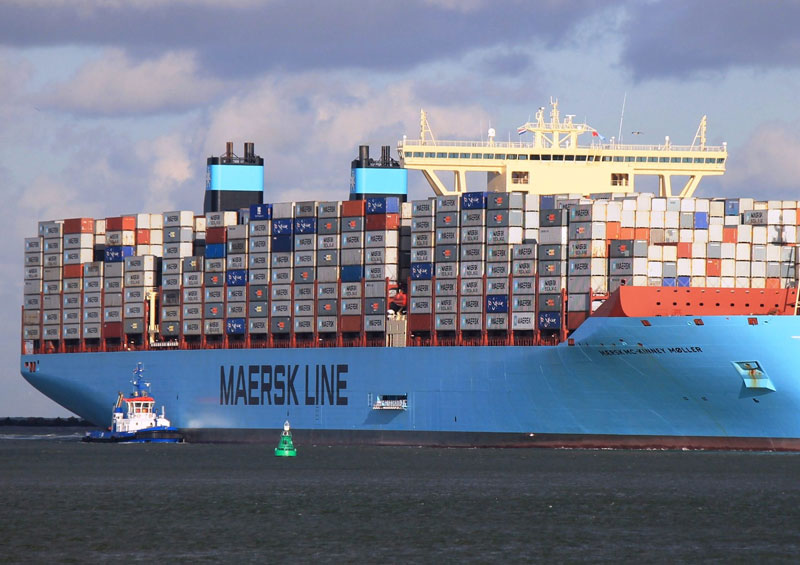Inditex Partners With Maersk To Reduce Maritime Transport Emissions

Inditex, the parent company of fashion brands like Zara and Massimo Dutti, has partnered with Maersk, a leading freight group, to cut its global greenhouse gas (GHG) footprint in seaborne logistics. This reduction will come from adopting alternative fuels for all inbound routes managed by Maersk, under the ECO Delivery Ocean programme. Traditional fossil fuels on Maersk ships will be replaced by eco-friendly alternatives like green methanol and second-generation biodiesel made from waste feedstocks, resulting in an estimated over 80% reduction in GHG emissions per litre compared to conventional sources.
The ECO Delivery Ocean programme offers clients the option to use certified green fuels for their shipments at a fixed cost. Maersk validates the GHG savings with externally verified certificates and commits to exempting these eco-friendly transports from EU Emissions Trading System (ETS) charges in the future.
Abel Lopez, Head of Import, Export and Transport at Inditex, emphasizes the importance of this collaboration in combating climate change, aligning with their goal of achieving net zero emissions by 2040 and scaling the adoption of alternative fuels.
Emilio de la Cruz, Managing Director of Maersk’s Area South West Europe, expressed pride at having Inditex as a committed customer and believes that their dedication to eco-friendly ocean cargo is a positive step for the environment and climate.
Currently, Maersk is experiencing high demand for its low GHG emission product, ECO Delivery. Emilio de la Cruz notes that many customers are seeking solutions to reduce scope 3 emissions and the first customers are already adopting this premium solution.
Both Inditex and Maersk share the ambitious climate goal of achieving net-zero status across all business sectors by 2040. Inditex is not only adopting ECO Delivery but is also involved in a rail solution pilot project in Spain alongside Maersk, RENFE and Cepsa to further their decarbonization efforts. These collaborative initiatives are crucial for meeting their decarbonization goals.















